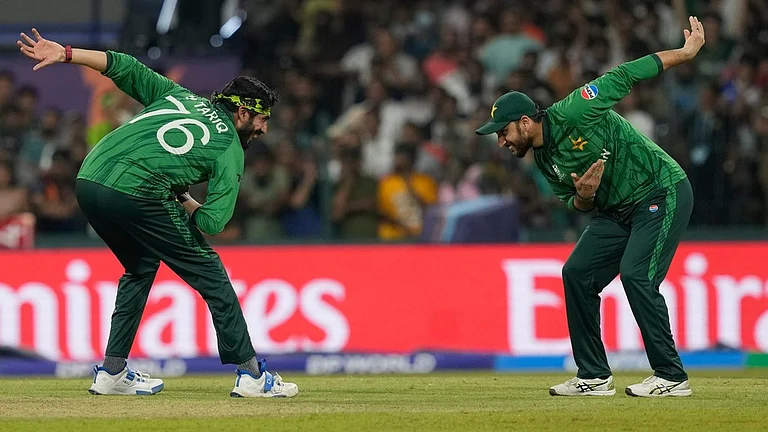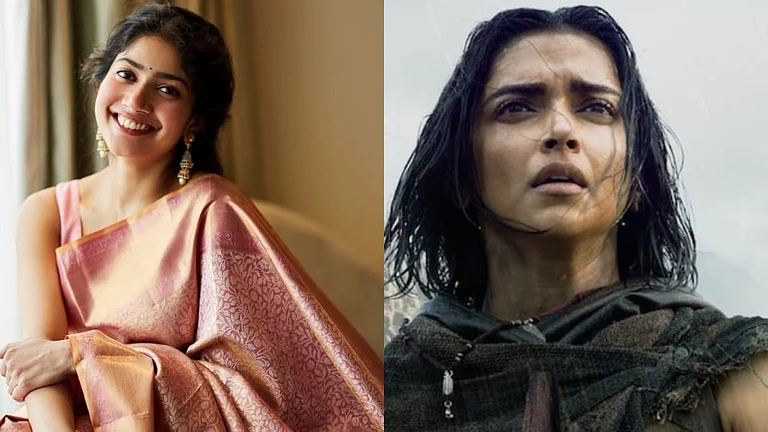Director Nag Ashwin’s magnum opus, ‘Kalki 2898 AD’, has been receiving great response from the audience and the critics. The movie has earned over Rs 300 crores at the domestic box office ever since its release last Thursday. Amidst this success, Ashwin took to his Instagram to share a picture with the producers of the film. He reflected on his success and his journey.
Taking to his Instagram, Nag Ashwin shared a picture with producers Swapna Dutt and Priyanka Dutt. The director was seen raising a toast with the producers. Sharing the picture, he reflected on how the trio has grown since their debut film – ‘Yevade’ – which was released 10 years ago. He wrote, “Around 10 years ago, the three of us began our debut feature film "Yevade" together... Vyjayanti was at a low and this film was a risky one...I remember a day of shoot with 20 extras, and it rained...we couldn't finish and meant we had to come back and set up again.”
Take a look at the picture shared by Ashwin here.
The director continued “10 years later...every movie we have made together, is not just successful at the box office, but a small milestone in film history, in its own way...I feel proud and blessed to stand between these two.” The post has fetched over 75K likes and fans congratulated the director on how far he has come along.
Reacting to the post, one fan said, “An amazing journey so far. And many more to come.” A second fan mentioned, “You're an Achiever Sir.” A third fan commented, “Wow, what a journey! From the rainy days of ‘Yevade’ to the blockbuster milestones, you three have come a long way! Nag Ashwin, your humility and gratitude are inspiring. Kalki, your talent and dedication are unparalleled. And Vyjayanti, your vision and perseverance are a testament to your strength. Together, you've created magic on screen. Here's to many more years of pushing boundaries and making cinematic history.”
Starring Prabhas, Deepika Padukone, Amitabh Bachchan, Kamal Haasan, and Disha Patani, ‘Kalki 2898 AD’ shows the dystopian world in the year 2898 AD which is 6000 years after the Mahabharata.


























